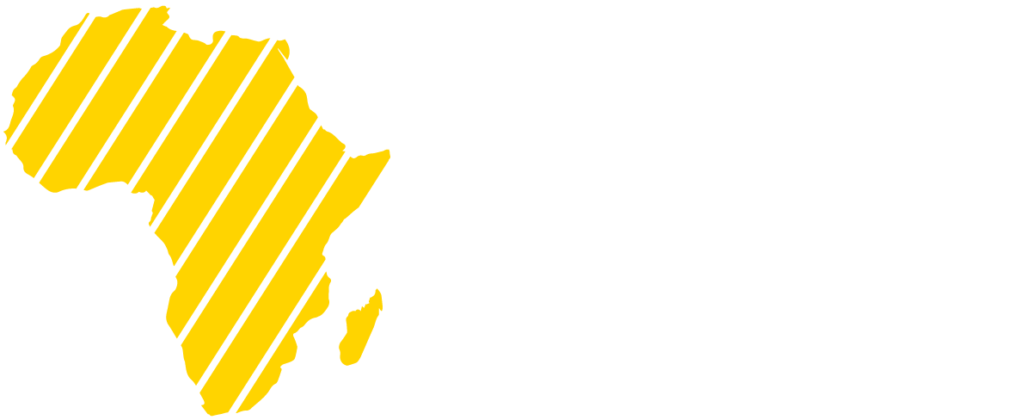About Us

Our motivation
The time has come for the decolonisation of global health. For how much longer will global health practitioners seek to end health inequities and yet remain tolerant of malignant power imbalances between practitioners from High-Income Countries (HIC) and the rest of the world? Hopefully, not for much longer.
There is a rising global movement agitating for the decolonisation of global health. Yes, the words ‘colonisation’ and its derivative ‘coloniality’ both make for unease. Nevertheless, it is refreshing to see that, finally, there are growing calls for global health to acknowledge and shed its colonial past and denounce its neo-colonial present. Calls that recognise the fundamental need for global health to dismantle persistent structural inequities perpetuated by its racial heritage.
The manifestations of coloniality in global health are varied and multidimensional. Ranging from the overt to the subtle, from the absurd to the insidious. Indeed, these manifestations are complex but understanding their magnitude basically boils down to answering the following questions truthfully. Who controls global health funding? Who sets the agenda? Whose expertise is highly regarded? Who occupies the most influential jobs? Which organisations get funded, where are they located and who leads them? Where are major conferences held? Who gets published in the most influential journals? The list goes on.
No guesses are necessary to answer these questions. Indeed, no truthful global health practitioner will dispute that the answers to each question above are an indictment of global health’s disproportionate bias towards practitioners and institutions from or affirmed by High-Income Countries. And yet, the countries with the worst health indicators are overwhelmingly in the low and middle income bracket.
Although the consequences of global health’s coloniality are as varied as its manifestations, it is reasonable to believe that the overall impact is equable −the hindrance of global health from optimally achieving its overarching vision of health for all, at all ages, and in all contexts. And this hindrance, one can also believe, is accentuated by the disenfranchisement of global health practitioners and institutions from and of LMICs.
Against this backdrop, the Global Health Decolonization Movement in Africa (GHDM-Africa) was birthed. This initiative is a collection of African citizens who have come together to advance the decolonisation of global health practice in Africa.
Our mission
Our mission is to contribute to decolonising global health by increasing the power and influence of Africans in global health practice.
Our vision
Our vision is an Africa in which the practice of global health, underpinned by diversity, inclusion and equity, has achieved healthy lives for all people.
